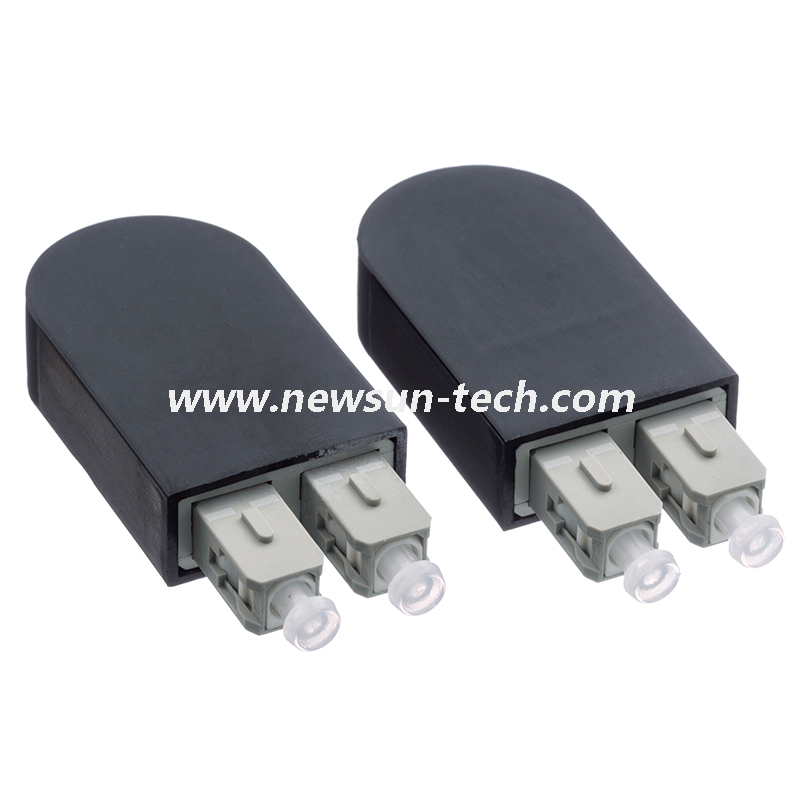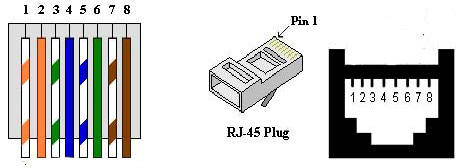
- #LOOPBACK PLUG TO TEST AN ETHERNET PORT SERIAL#
- #LOOPBACK PLUG TO TEST AN ETHERNET PORT MANUAL#
- #LOOPBACK PLUG TO TEST AN ETHERNET PORT SOFTWARE#
- #LOOPBACK PLUG TO TEST AN ETHERNET PORT PC#
When the operation is acceptable, is displayed. ST6000 series (excluding the ST-6200 series)Ĭonnect the loopback cable to one of the interfaces and check the operation. ST3300 Series (except for AST-3302B MPI port) ST3200 Series (except for AST-3211A MPI port)
#LOOPBACK PLUG TO TEST AN ETHERNET PORT PC#
Maybe 10 minutes later I get a report that a PC is showing 'limited/no connectivity'. GP-4600 Series (except for the GP-4603T MPI port) I made a loopback plug (pins 1 & 3 crossed pins 2 & 6 crossed) and plugged it into an old 3Com switch for about 10 seconds, and got the port lights to light up. GP-4500 Series (except for the GP-4503T MPI port) The loopback cable differs depending on the display unit. You need to prepare a loopback cable to check COM1/COM2/LAN. The MPI port is not included in the check.Ĭhecking the COM port is not available on the following models.
#LOOPBACK PLUG TO TEST AN ETHERNET PORT MANUAL#
Updated Ap– Added Gigabit Loopback Information.Please refer to the corresponding Hardware Manual for your display unit for supported COM ports and operation modes. Cut the sheath on Blue and Brown and twist them together.Cut the sheath on Blue-White and Brown-White and twist them together.*For a Gigabit Ethernet Loopback you will also need to connect the other four wires as follows: DP83867 EVM Connected to Testing Fixture Through CAT5 Cable.
#LOOPBACK PLUG TO TEST AN ETHERNET PORT SERIAL#

Cut the sheath on Green-White (3) and Orange (2) and twist them together.If the interface fails to receive any test packet, the hardware of the interface is faulty. During the external loopback testing, the port sends out a certain number of test packets, which are looped over the plug and back to the interface. Cut the sheath on Orange-White (1) and Green (6) and twist them together. To perform external loopback testing on an Ethernet interface, insert a loopback plug into the port.(Be careful not to cut the wires inside.) Cut away two inches of the main sheath covering the eight wires. Use a cross over cable to check if the port is working or faulty,connect a cross over cable to one of the unused interface and the.DO NOT SELECT THE MODEM DEVICE (we do not want to test using TAPI). In the Connect using drop down box, choose the com port you wish to test. These tools will detect your internet connection and give you feedback.

This procedure is basic insert the Ethernet sniffer or ethernet loopback jack into the wall jack. It really does not matter what you choose for either. Here are the steps to check whether the internet cable port is working: Step 1: Test the Wall Port for Signal.

Something small enough to keep in my PC toolkit, yet large enough that it wouldn’t be lost. I'd like to be able to setup two different IP addresses (AddressA and AddressB) on one Ethernet. To do this I needed a quick and easy way to make a loopback connector. For a project at work, I need to be able to test various Ethernet NICs by connecting them to a 'loopback adapter plug', like this one on various embedded Linux boxen that come off a production assembly line.
#LOOPBACK PLUG TO TEST AN ETHERNET PORT SOFTWARE#
Typically for testing purposes, and occasionally for specific software configurations. Occasionally I have the need for a network card to operate as though it has a live network connection, without it actually being connected to a network.


 0 kommentar(er)
0 kommentar(er)
